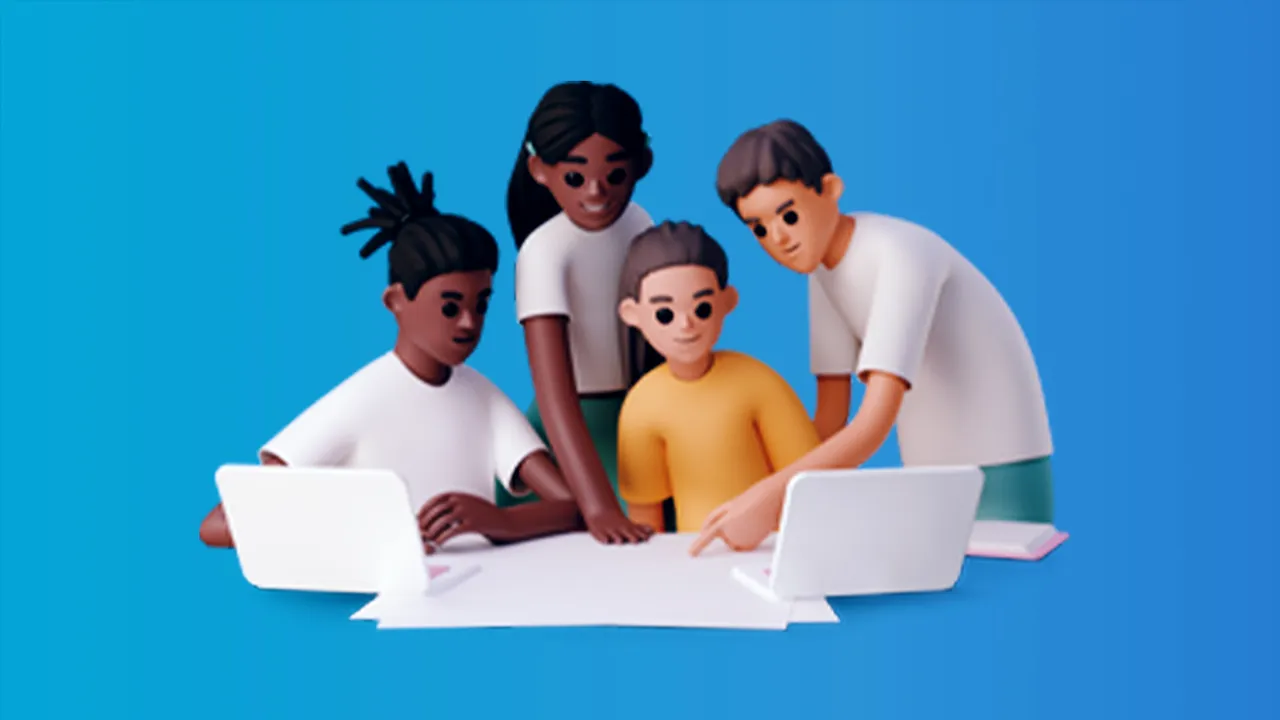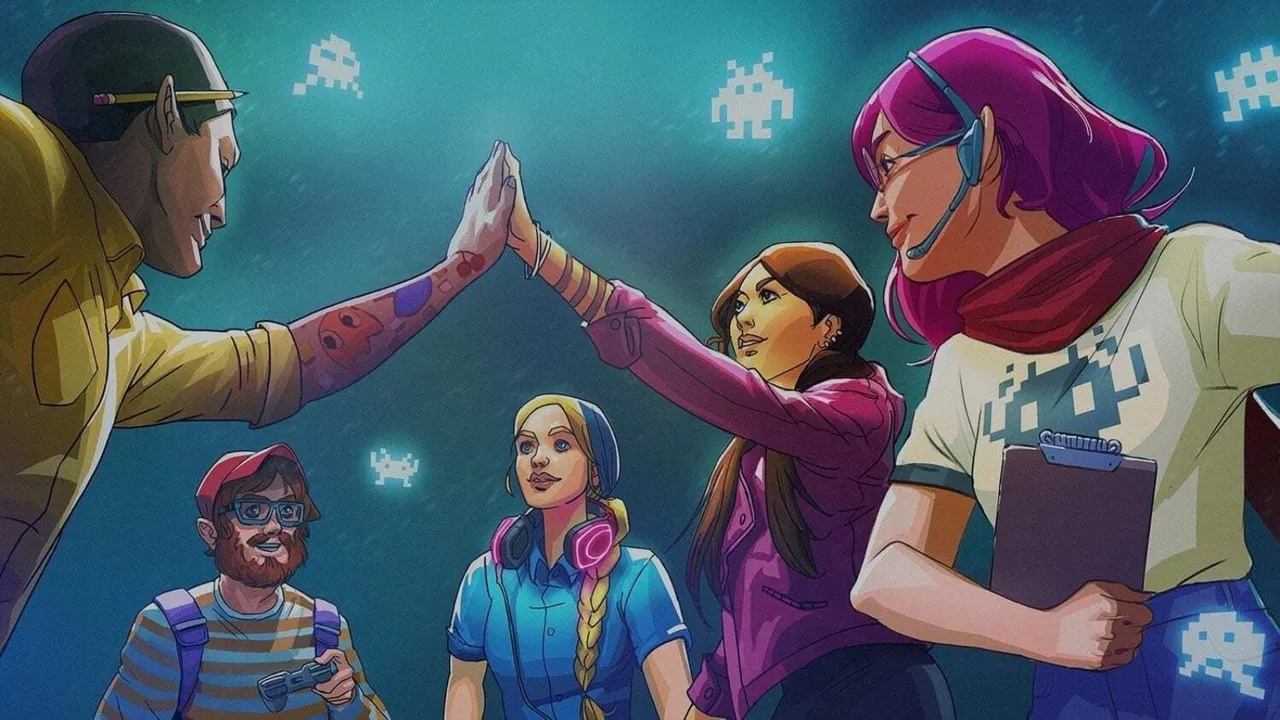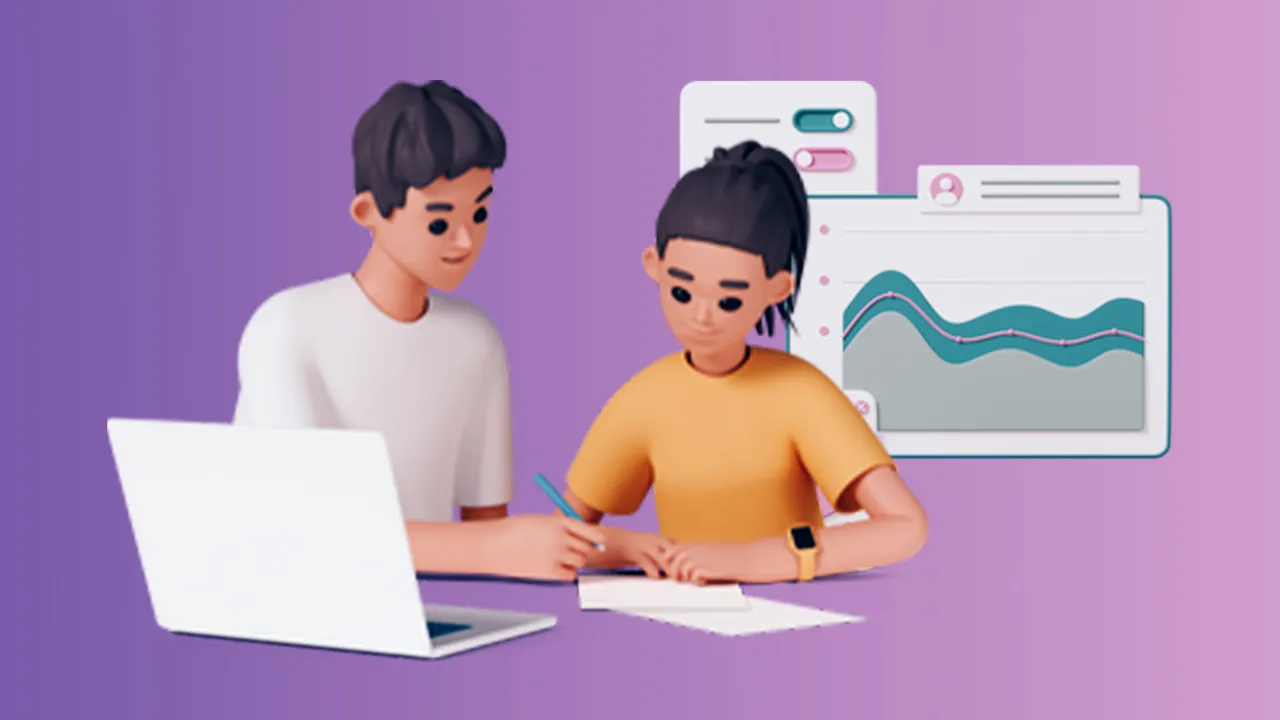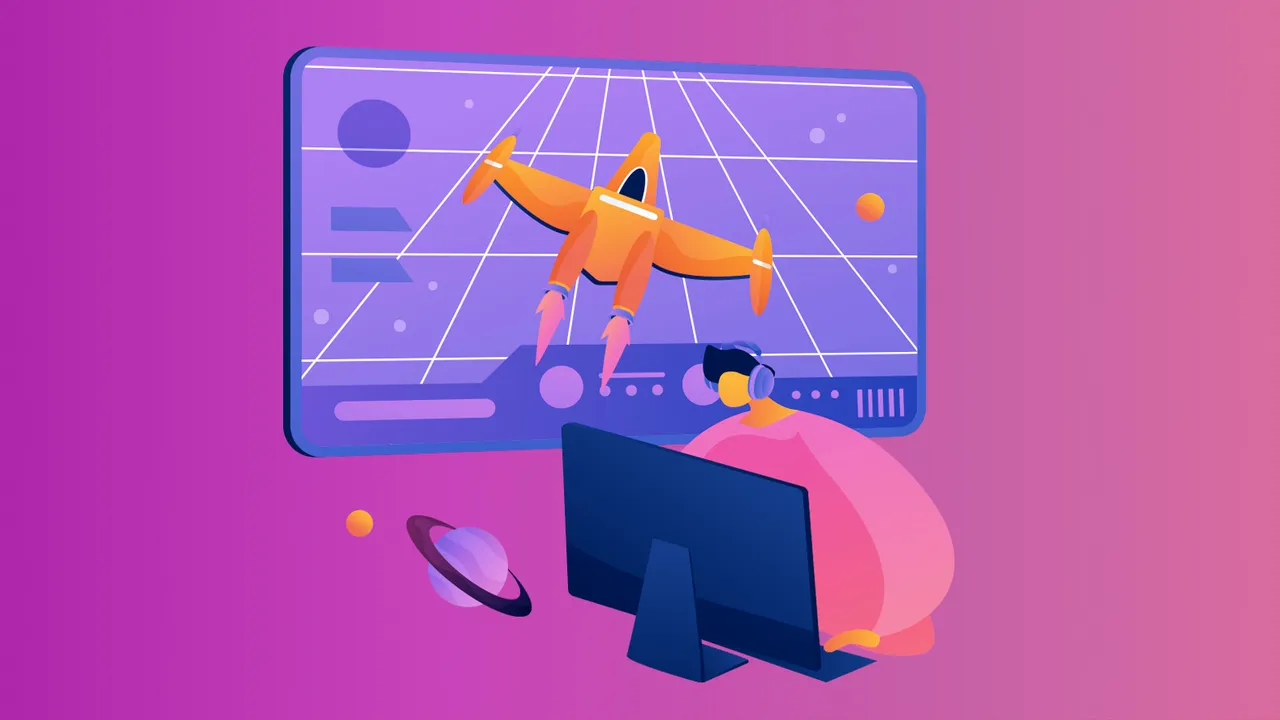Localization Jobs in the Video Game Industry: The Ultimate Quick Guide

Introduction
As the video game industry continues to expand globally, the demand for localization professionals has surged to ensure that games are accessible and enjoyable for players across different languages and cultures. Localization jobs in the video game industry involve translating, adapting, and testing games to ensure they resonate with players from diverse backgrounds. This article will explore the various localization job opportunities, the skills required, and the steps you can take to embark on a rewarding career in this vital aspect of the gaming industry.
Types of Localization Jobs in the Video Game Industry
Localization Translator: Localization translators are responsible for translating the in-game text, including dialogue, user interfaces, and marketing materials, into different languages. They must ensure that the translations are accurate and culturally appropriate while maintaining the original intent and tone of the game.
Localization Editor: Localization editors review translated content to ensure it is clear, accurate, and consistent with the game's overall style and tone. They work closely with translators and other localization team members to address any issues and make necessary revisions.
Localization Project Manager: Localization project managers oversee the entire localization process, from planning and budgeting to managing resources and timelines. They collaborate with game developers, translators, editors, and testers to ensure that projects are completed on time and within budget while maintaining high-quality standards.
Localization Quality Assurance (QA) Tester: Localization QA testers play a critical role in ensuring that localized games function properly and meet quality standards. They test games in their target languages, identifying and reporting linguistic, cultural, or technical issues that may affect the player experience.
Localization Engineer: Localization engineers work on the technical aspects of the localization process, such as extracting and re-integrating text, implementing localization tools, and ensuring compatibility with different platforms and regions. They collaborate with translators, editors, and testers to troubleshoot and resolve technical issues.
Skills Required for Localization Jobs in the Video Game Industry
Proficiency in multiple languages: Localization professionals must be fluent in at least two languages, with a deep understanding of grammar, syntax, and idiomatic expressions.
Cultural knowledge: A strong grasp of cultural nuances and sensitivities is essential for ensuring that localized games resonate with players from diverse backgrounds.
Familiarity with localization tools: Localization professionals should be comfortable using localization software and tools, such as memoQ, SDL Trados Studio, or XTM, to streamline the translation and editing process.
Knowledge of game development: A basic understanding of game development processes and terminology can be beneficial for localization professionals, as it allows for more effective collaboration with developers and other team members.
Teamwork: Localization projects often involve working closely with developers, translators, editors, and testers, making the ability to work effectively in a team crucial for success.
Attention to detail: Localization professionals must have a keen eye for detail to ensure that translations are accurate, consistent, and culturally appropriate.
Education and Experience for a Career in Video Game Localization
Degree programs: Many localization professionals hold degrees in translation, linguistics, or foreign languages. These programs typically cover topics such as translation theory, comparative grammar, and cultural studies.
Certification programs: Some professionals choose to pursue certification programs in translation or localization, which can help demonstrate expertise and commitment to the field.
Internships: Gaining experience through internships at game development companies or localization agencies can provide valuable on-the-job training and networking opportunities.
Entry-level positions: Starting in an entry-level localization role, such as a junior translator or editor, can help you gain experience and demonstrate your potential for growth within the industry.
Industry events: Attending industry events, such as conferences, expos, and networking meetups, can help you connect with professionals in the video game industry and learn about job opportunities.
Online communities: Joining online forums and communities related to video game localization can provide insights, support, and networking opportunities. Websites like ProZ, the Localization Institute, and industry-specific LinkedIn groups can be valuable resources for connecting with others in the field.
Job Opportunities for Localization Professionals in the Video Game Industry
Game development studios: Large studios, such as Electronic Arts, Ubisoft, and Activision Blizzard, often have in-house localization teams that require skilled professionals to translate and adapt their games for international markets. Many of these advertise roles on Hitmarker.
Localization agencies: Localization agencies specialize in providing translation, editing, and testing services for game developers. These agencies, such as Keywords Studios, Lionbridge, and Altagram, also offer a variety of localization job opportunities on Hitmarker.
Freelance work: Many localization professionals choose to work as freelancers, taking on projects for various clients or collaborating with other freelancers on game localization projects.
Job Outlook for Localization Professionals in the Video Game Industry
As the video game industry continues to grow globally, the demand for skilled localization professionals is expected to increase. According to the U.S. Bureau of Labor Statistics, the employment of interpreters and translators is projected to grow 20% from 2019 to 2029, much faster than the average for all occupations. Although this data is not specific to the video game industry, it does indicate a positive outlook for localization professionals.
Conclusion
Localization jobs in the video game industry offer a wide range of opportunities for those with the right skills, passion, and dedication. By pursuing a relevant education, gaining experience through internships or entry-level positions, and networking with industry professionals, you can position yourself for a successful career in this critical aspect of the gaming world. With hard work and determination, you can play a pivotal role in bringing the joy of video games to players across different languages and cultures, creating a truly global gaming experience.
Get started right now! Click here to see a full list of localization jobs in the video game industry.
-
 Landing a Summer Internship in the Video Game Industry: The Ultimate Quick Guide
Landing a Summer Internship in the Video Game Industry: The Ultimate Quick Guide -
 Entry-level Jobs in the Video Game Industry: The Ultimate Guide
Entry-level Jobs in the Video Game Industry: The Ultimate Guide -
 Junior-level Jobs in the Video Game Industry: The Ultimate Guide
Junior-level Jobs in the Video Game Industry: The Ultimate Guide -
 Intermediate-level Jobs in the Video Game Industry: The Ultimate Guide
Intermediate-level Jobs in the Video Game Industry: The Ultimate Guide -
 Senior-level Jobs in the Video Game Industry: The Ultimate Guide
Senior-level Jobs in the Video Game Industry: The Ultimate Guide -
 Getting into gaming: Strategies for landing your first game development job with Katherine Mould of Keywords Studios
Getting into gaming: Strategies for landing your first game development job with Katherine Mould of Keywords Studios -
 Art and Animation Jobs in the Video Game Industry: An Overview
Art and Animation Jobs in the Video Game Industry: An Overview -
 Business Operations Jobs in the Video Game Industry: An Overview
Business Operations Jobs in the Video Game Industry: An Overview -
 Communications and Marketing Jobs in the Video Game Industry: An Overview
Communications and Marketing Jobs in the Video Game Industry: An Overview -
 Content Creation Jobs in the Video Game Industry: An Overview
Content Creation Jobs in the Video Game Industry: An Overview -
 Game Design Jobs in the Video Game Industry: An Overview
Game Design Jobs in the Video Game Industry: An Overview -
 Game Development Jobs in the Video Game Industry: An Overview
Game Development Jobs in the Video Game Industry: An Overview